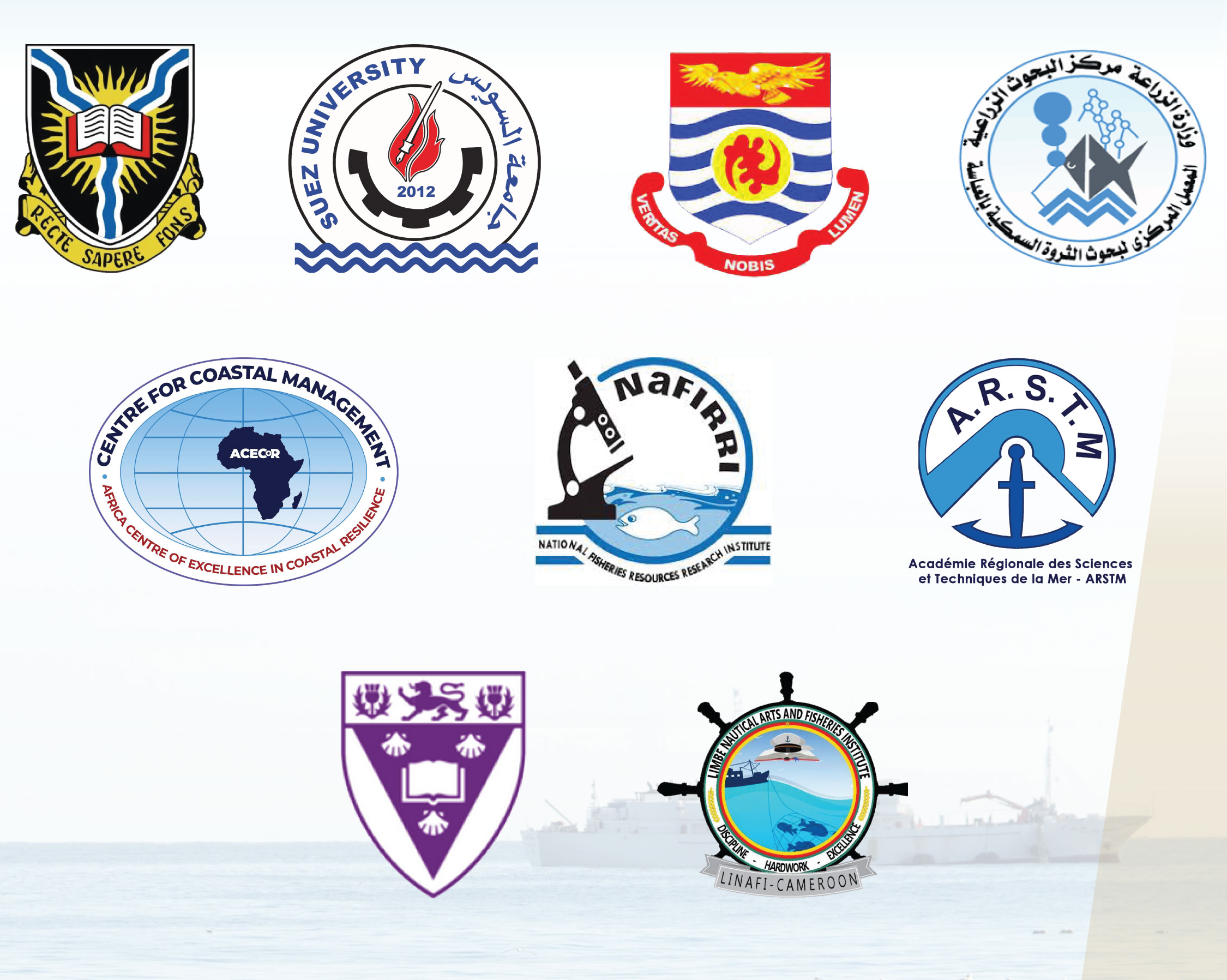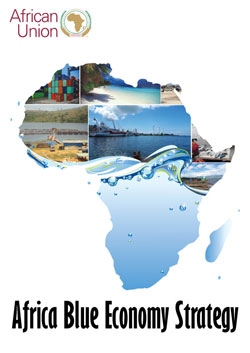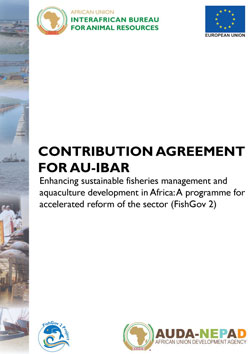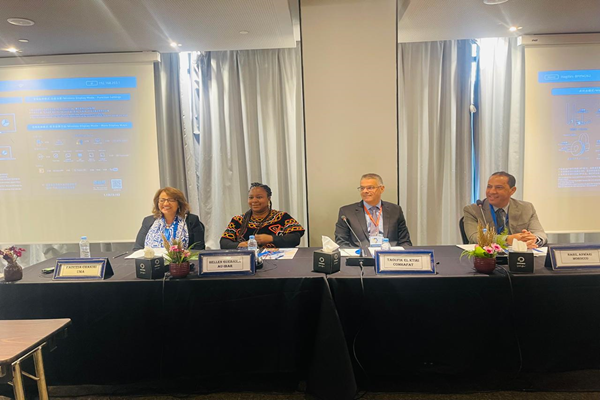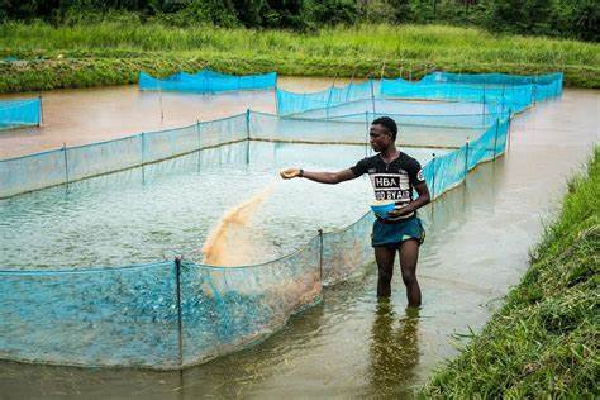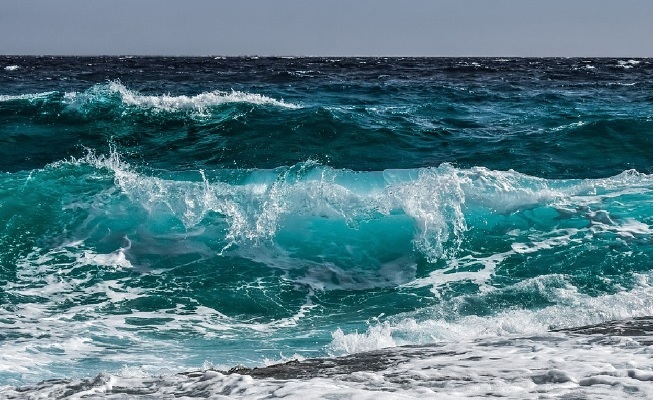Enhancing sustainable fisheries management and aquaculture development in Africa: A programme for accelerated reform of the sector
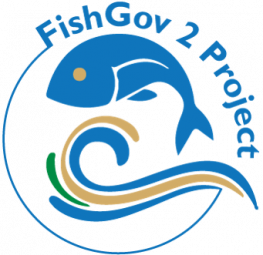
Project Brief/Background
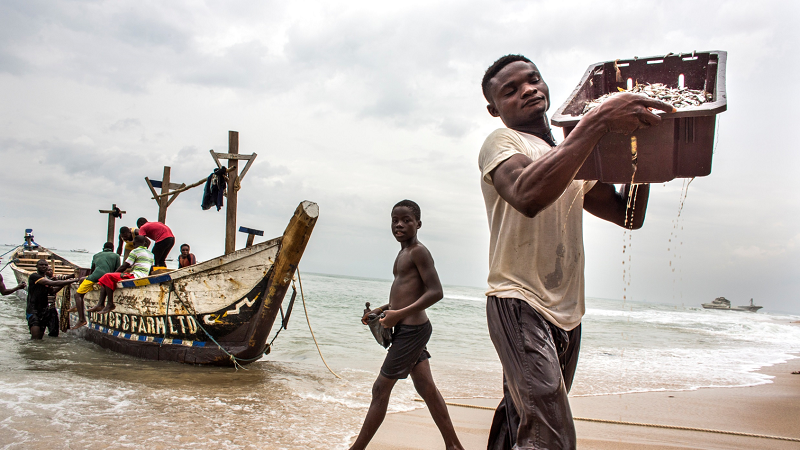
Enhancing sustainable fisheries management and aquaculture development in Africa (FishGov 2) Project provides accelerated reform to the sector. FishGov 2 is a follow-up of the First phase of the Fisheries Governance Project (FishGov 1) that was implemented between 2014 and 2018. FishGov 2 is being supported by the European Union.
Strategic Action Areas
Taking into account lessons learned from FishGov 1 and contextual changes, this Action addresses three strategic issues where collaboration with African Union institutions provide additional value and complements the European Union’s Action at regional and national levels.
- Supporting evidence-based decision-making on sustainable fisheries and aquaculture through improved knowledge, effective consultation, solid reporting, and the promotion of cross-sectoral approaches.
- Providing coherent implementation of the PFRS is facilitated at the continental, regional and national levels.
- Strengthening the African voice in international fora and domestication of global instruments.
Implementation
AU-IBAR and AUDA NEPAD are responsible for the overall management and coordination of the Action. While contributing to building a common understanding of fisheries and aquaculture issues in Africa at technical level, the action is expected to generate political traction and increases coherence between AU policies / initiatives thanks to better anchorage to the AU governance systems and increased interactions with other departments of the AU Commission and AUDA-NEPAD.
The Centres of Excellence are working in the execution of technical and capacity building activities that are outsourced, such as the establishment of a data repository and building capacities of AU member states; conducting foresight studies on critical elements in fisheries and aquaculture (climate changes and biodiversity, food security, MPAs, GDPs etc.), and production of knowledge products and capacity building activities.
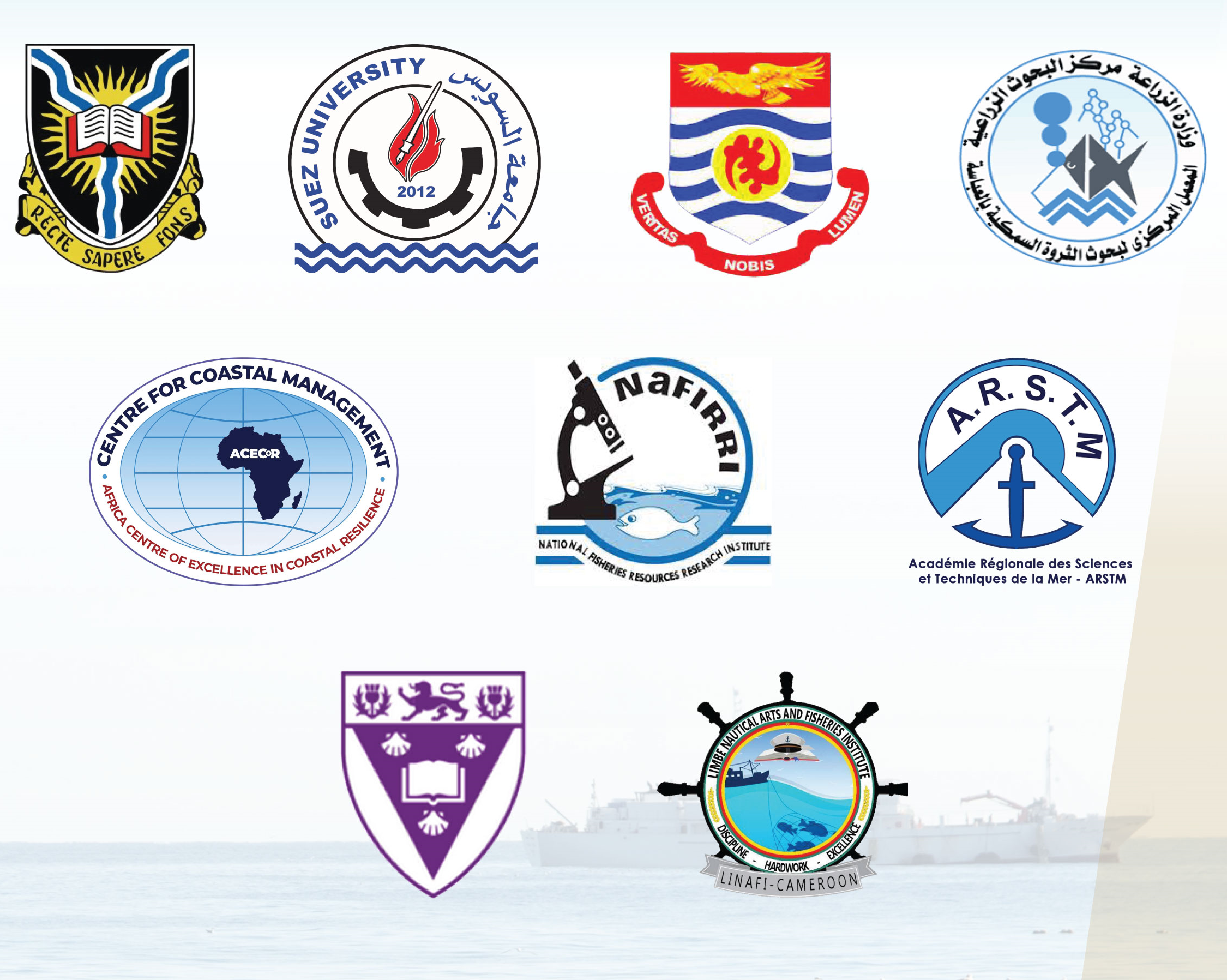
photo: @WorldBank
Outcomes/Objectives
Overall Objective
This Action's overall objective is to enhance sustainable fisheries and aquaculture contribution to achieving the African Union’s Agenda 2063’s objectives, notably in terms of food security, livelihoods, and wealth creation.
Specific Objectives
The specific objectives of the Project are the following:
- African Union decisions on sustainable fisheries and aquaculture policies are evidence-based;
- Fisheries and aquaculture policies in Africa are coherent with the Policy Framework and Reform Strategy for fisheries and aquaculture in Africa (PFRS) and other AU priorities and coordinated at continental, regional, and national levels;
- Africa is adequately represented and effectively participates in international fisheries and aquaculture fora and ably domesticates relevant global instruments.
Implementing Partners
Stakeholders
Role of Stakeholders
The Action endeavours to contract several knowledge-based institutions and stakeholders in the delivery of project outputs, namely:
- Centres of Excellence in the execution of technical and capacity building Action activities to be outsourced, such as the establishment of a data repository and building capacities of AU member states; conducting foresight studies on critical elements in fisheries and aquaculture (climate changes and biodiversity, food security, MPAs, GDPs etc.), and production of knowledge products and capacity building activities.
- Regional Economic Communities to gain political commitments and facilitate the implementation of activities that are regional in nature. Some examples include monitoring the implementation of PFRS by AU member states; mainstreaming fisheries and aquaculture in NAIPs and RAIPs and establishing the monitoring and evaluation component mechanism; and promoting domestication of continental frameworks and programs and monitoring the implementation of policy organs’ decisions
- Regional Fisheries Management Organizations and Regional fisheries bodies to provide technical specialisation that will enhance regional cooperation on fisheries management, aquaculture development and sustainability of their activities;
- Continental networks, regional platforms and networks are being utilized as assets to support the implementation of certain activities of the project. The Action also supports the rationalization of these Non State Actors in the implementation of selected activities such as acting as pressure groups for the dissemination of provisions of PFRs at national and regional levels; supporting the implementation of ministerial decisions; and utilization of NSAs as advocacy groups on key issues at national and regional levels, examples in the implementation of relevant global instruments, support the consumption of knowledge products (e.g. policy briefs)
Results and Activities
Implementation
AU-IBAR and AUDA NEPAD are responsible for the overall management and coordination of the Action. While contributing to building a common understanding of fisheries and aquaculture issues in Africa at technical level, the action is expected to generate political traction and increases coherence between AU policies / initiatives thanks to better anchorage to the AU governance systems and increased interactions with other departments of the AU Commission and AUDA-NEPAD.
The Centres of Excellence are working in the execution of technical and capacity building activities that are outsourced, such as the establishment of a data repository and building capacities of AU member states; conducting foresight studies on critical elements in fisheries and aquaculture (climate changes and biodiversity, food security, MPAs, GDPs etc.), and production of knowledge products and capacity building activities.
